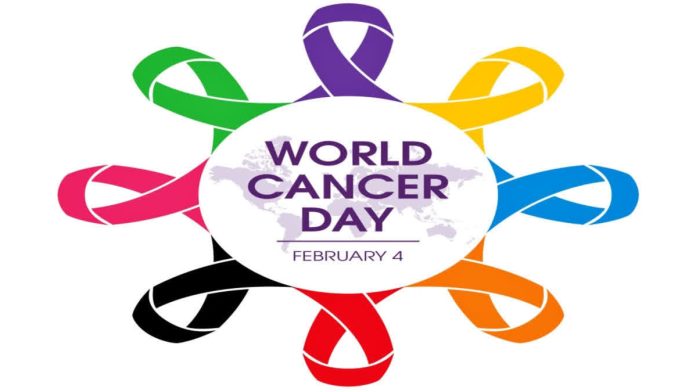Every year on February 4, the world unites to observe World Cancer Day, a global initiative led by the World Health Organization (WHO) and the Union for International Cancer Control (UICC) to raise awareness, promote prevention, and advocate for better access to treatment. This year’s theme, “Close the Care Gap,” highlights the urgent need to eliminate inequalities in cancer care and ensure that everyone, regardless of background or location, has access to early detection, treatment, and support.
The Global Cancer Burden
According to WHO, cancer remains one of the leading causes of death worldwide, with millions of new cases diagnosed each year. The impact of cancer is not just a health issue but also a social and economic crisis, disproportionately affecting low- and middle-income countries. Some key facts from WHO:
- 10 million people die from cancer every year.
- One-third of cancer cases could be prevented through lifestyle changes, early screening, and vaccination.
- Many cancers are treatable if detected early, yet millions lack access to life-saving care.
By raising awareness and taking action, we can reduce the global cancer burden and improve survival rates.
Closing the Care Gap: A Call for Global Action
1. Early Detection Saves Lives
Many cancers, including breast, cervical, colorectal, and skin cancer, have higher survival rates when detected early. However, millions of people worldwide lack access to proper screening and diagnostics due to financial and healthcare barriers. Governments and healthcare systems must expand screening programs and improve access to medical services.
2. Prevention is Key
WHO estimates that 30-50% of cancers are preventable by reducing risk factors such as:
✅ Tobacco and alcohol use
✅ Unhealthy diets and obesity
✅ Physical inactivity
✅ Exposure to carcinogens and infections (e.g., HPV and Hepatitis B)
Vaccination against HPV and Hepatitis B plays a critical role in preventing cervical and liver cancer, respectively. Public health campaigns must continue to emphasize these preventive measures.
3. Advancing Research & Treatment Access
Significant advancements in cancer research have led to innovative treatments, but these are not accessible to all. Many low-income regions lack access to basic cancer medications and therapies, leading to preventable deaths. WHO urges countries to invest in cancer research and healthcare infrastructure to make treatments available and affordable for everyone.
4. Support for Patients & Survivors
Cancer does not just affect patients; it impacts families, caregivers, and communities. Psychosocial support, financial assistance, and palliative care are essential components of cancer care that need to be prioritized.
How You Can Make a Difference
🔹 Get Screened: Regular check-ups and cancer screenings can detect cancer early and save lives.
🔹 Adopt a Healthy Lifestyle: Avoid smoking, maintain a balanced diet, and stay physically active.
🔹 Support Cancer Research & Advocacy: Donate to organizations supporting cancer patients and research efforts.
🔹 Raise Awareness: Share credible information from WHO and cancer organizations to educate others.
A Future Without Cancer Disparities
On World Cancer Day 2025, let’s commit to closing the care gap and ensuring that cancer prevention, treatment, and support are available to all. With global collaboration, investment in healthcare, and community-driven efforts, we can create a future where everyone has an equal chance to fight and survive cancer.
💙 Join the movement. Spread awareness. Take action.
SEE MORE ON WCD
#WorldCancerDay #CloseTheCareGap #CancerAwareness #WHO #HealthForAll




